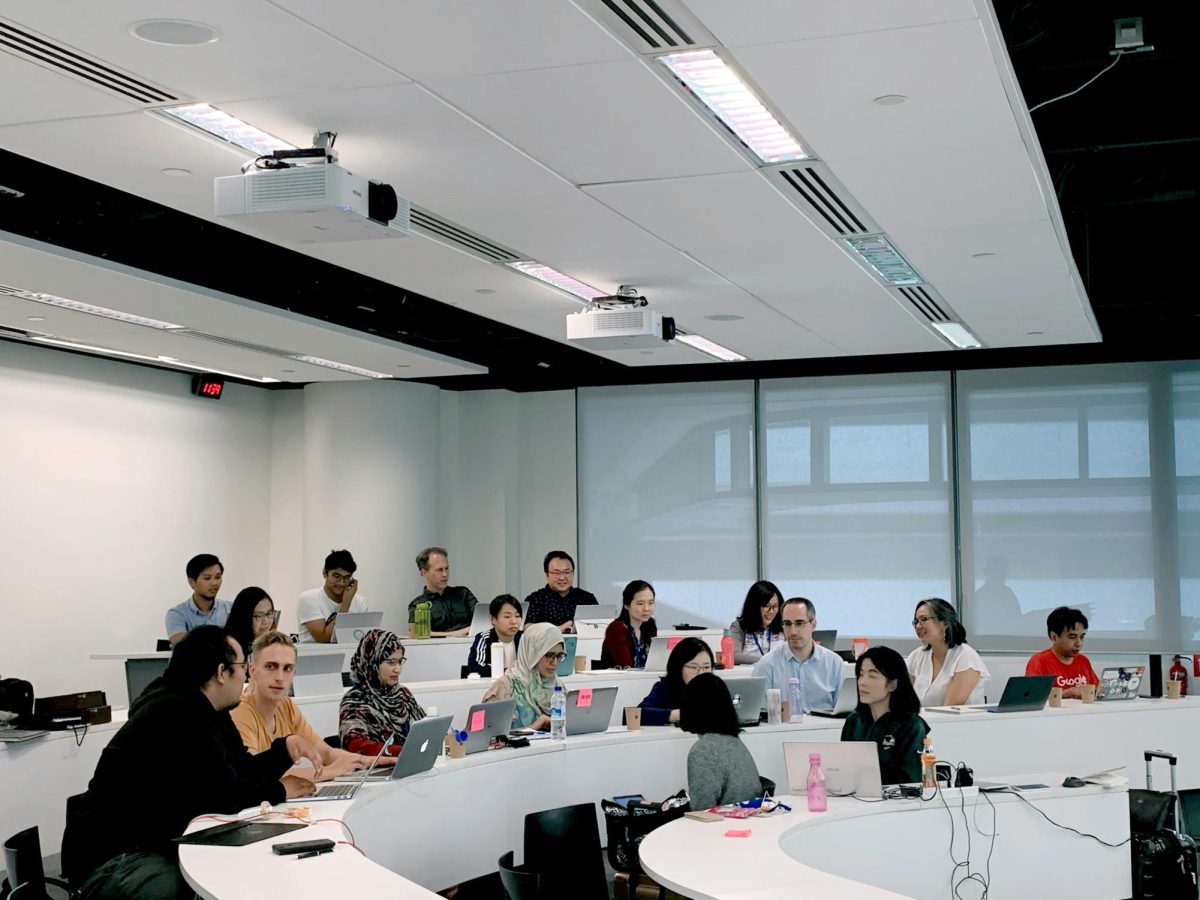As the end of the semester approaches, assignments become more frequent, projects overlap and a student’s failure is again falsely blamed on the instructor.
Regardless of a course’s curriculum or a teacher’s instruction style, struggling students too often point the finger at anything except their unwillingness to make the effort necessary to pass.
Students glued to their phones cite boring lectures as their reason for poor grades. The students notorious for leaving early claim they haven’t learned anything useful by the final exam.
It’s a pattern that stems from some people’s lack of accountability or self-awareness, and it’s not unique to college students.
Teachers in grade schools are seen as the primary point of contact for student learning. Parents and students alike look to them, especially during early elementary school years, to develop a child’s excitement to learn.
But when that responsibility is placed solely on the teacher, the student doesn’t recognize their role in the outcome of their education. If not corrected by parents, this disconnect carries over into college and the workforce.
It’s the same logic as refusing to water a plant and blaming the nursery cashier when it dies. It could be the quality of the seed, but if you’re not willing to nurture your education, it’s doomed to wither.
Published studies from the National Insititute of Health and U.S. Department of Education confirm the correlation between teaching styles and a class’ success. How information is presented has a documented impact on retention.
But a lecture’s effectiveness is hard to criticize if you don’t attend.
When teachers make an effort to diversify their instruction, which often requires discussion and engagement, the students previously complaining about the course’s redundancy, now complain about the additional effort.
As districts continue to lose funding, and schools are forced to shut down or downsize, the teacher-to- student ratio makes individualized learning nearly impossible.
This means it’s now more important than ever for students to understand how to take control of their education, and what resources are available to fill in gaps left by onesize-fits-all curriculum.
As daunting as it seems, we as students have access to an endless library of learning material and are not limited to what and how an instructor teaches.
Outside stress such as a fulltime job or family responsibilities comes with being a higher education student. Something uncontrollable inevitably occurs which could impact attendance or assignment completion.
Perfection is unattainable, and striving for it often does more damage than good.
What we do have control over is our attentiveness and dedication to success.




























